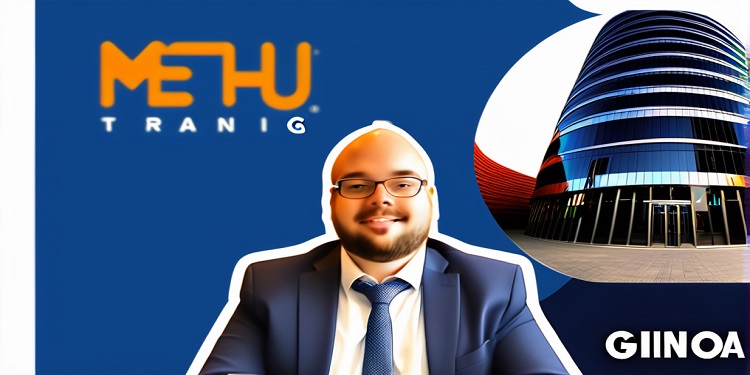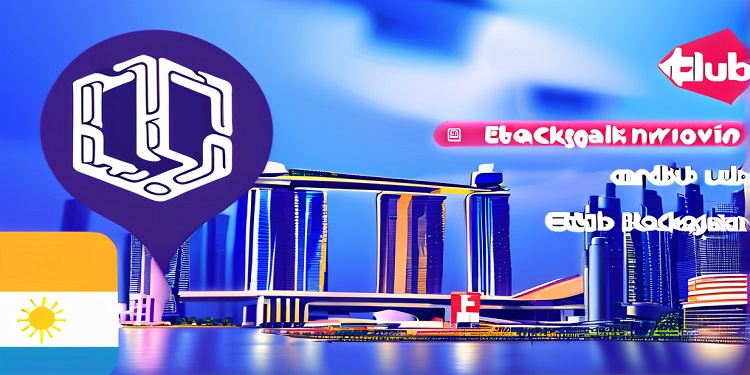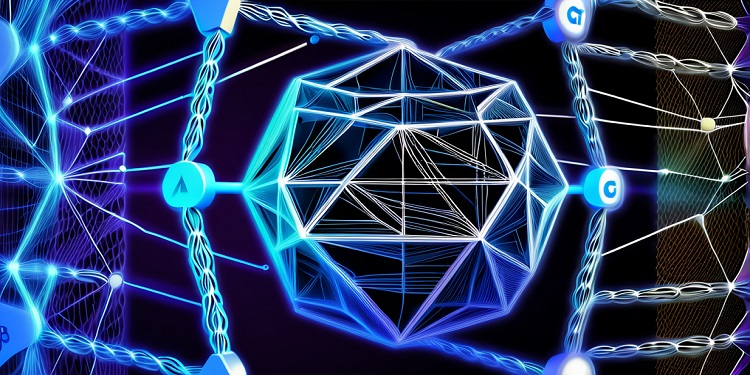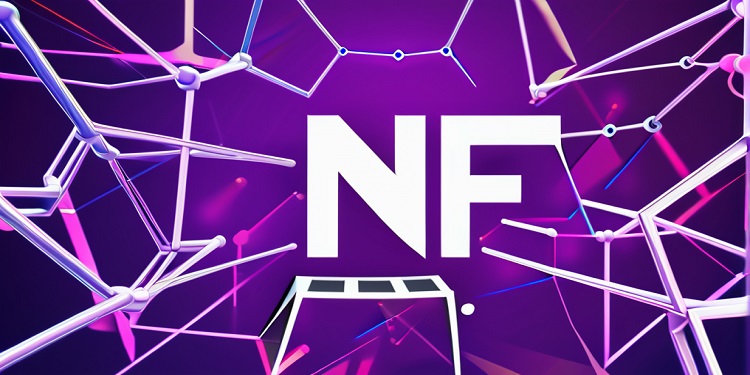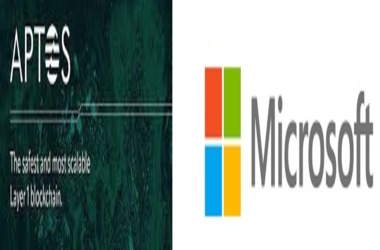 In a strategic move that underlines the significance of artificial intelligence (AI) and its integration with the burgeoning Web3 ecosystem, technology giant Microsoft has announced a collaboration with layer-1 blockchain firm Aptos Labs. This alliance seeks to harness the power of AI while leveraging blockchain’s verifiable data to enhance reliability and security.
In a strategic move that underlines the significance of artificial intelligence (AI) and its integration with the burgeoning Web3 ecosystem, technology giant Microsoft has announced a collaboration with layer-1 blockchain firm Aptos Labs. This alliance seeks to harness the power of AI while leveraging blockchain’s verifiable data to enhance reliability and security.
Mo Sheikh, co-founder and CEO of Aptos Labs, emphasized the shared commitment of both organizations to tackle industry-specific challenges through this partnership. Speaking to TechCrunch+, Sheikh remarked, “Both of us have a primary focus on solving problems in our respective industries.” This collaboration entails Microsoft’s deployment of AI models trained with validated blockchain data provided by Aptos. Furthermore, Aptos will establish validator nodes for its blockchain on Microsoft’s Azure cloud platform, aiming to bolster the dependability and robustness of its services.
Microsoft and Aptos Labs join forces to drive AI growth within the realm of Web3, leveraging blockchain technology for enhanced reliability and transparency
Proactively envisioning the trajectory of AI in the Web3 landscape, Daniel Ann, global director of business development for AI and Web3 at Microsoft, conveyed Microsoft’s anticipation of increased AI integration in Web3 solutions in the foreseeable future. In an email correspondence with TechCrunch+, Ann highlighted the evolving role of AI by stating, “We anticipate that AI will be increasingly incorporated into Web3 solutions in the coming months and years.”
The burgeoning influence of AI on various aspects of society is undeniable. Sheikh expounded on the transformative potential of AI tools in daily life, remarking, “We can become incredibly efficient by using these tools every day in our lives.” He illustrated how AI aids in diverse tasks, ranging from curating the finest local eateries to facilitating complex coding tasks and research endeavors.
As the realm of AI continues to evolve, a pressing need for transparency, trust, and validation of AI-generated content has emerged. This demand for accountability has spurred discussions on the credibility of AI outputs and the impartiality of training data. Blockchain-based solutions emerge as a viable avenue to address these concerns, as they can verify, time-stamp, and attribute content to its source, ultimately enhancing credibility in a distributed digital economy. Drawing a parallel between blockchain and transparency, Ann likened the technology to a benchmark for trust and authenticity, effectively reinforcing users’ confidence in AI-generated content.
Sheikh asserted the imperative of responsible AI development and highlighted the role of Web3 in bolstering AI’s credibility. He emphasized that blockchain’s inherent verification capability can significantly enhance the training of AI models with reliable information, stating, “Everything we capture on chain is verified and that verification can help train these models in a way that you can rely on reliable information.”
Aligning with Microsoft’s pursuit of dependable information for model training, Aptos presents itself as a suitable partner. The optimal performance and throughput of Aptos’ blockchain, which supports up to 160,000 transactions per second and aims for exponential growth by year-end, align with Microsoft’s requirements. This robust infrastructure equips AI models with the necessary data and verification mechanisms to enhance their accuracy and reliability.
Aptos’ blockchain infrastructure boasts impressive attributes, including swift settlement times, low usage costs, and scalability. These facets render it an attractive proposition for tech giants like Microsoft seeking to harness the power of blockchain for AI-related products and services. This collaboration also offers established technology companies the opportunity to delve into the burgeoning Web3 domain, thereby expanding their blockchain proficiency. A key hurdle to widespread developer engagement with Web3 pertains to the complexity of writing secure smart contracts. Aptos’ initiatives, such as the integration of blockchain-based contract development tools like GitHub Copilot and the AI-powered Aptos Assistant, bridge this gap by facilitating access to decentralized technology for non-Web3-native entities.
In a synergy of technological expertise, Microsoft and Aptos Labs embark on a transformative journey to augment AI’s capabilities through blockchain-backed validation and transparency. As AI’s influence deepens and Web3 becomes an integral part of the technological landscape, this collaboration holds the potential to reshape industries and redefine the boundaries of innovation.

